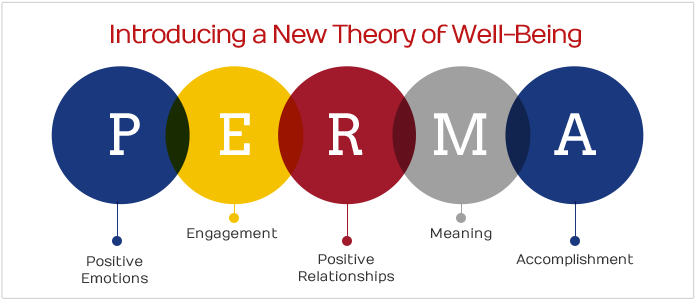My Day 7 of Positive Psych: "This does not taste like candy"
What is the two perspectives to cultural understanding?
Within the field of positive psychology, there are two perspectives to cultural understanding: learned or genetically disposed perspective and negotiated & developed perspective. In the learned or genetically disposed perspective, evolutionary psychology, neuropsychology, and Maslow's theories are used to define specific understandings of wellbeing. In the negotiated & developed perspective, social constructionism and social identity theory is used to understand the broadness of wellbeing. The Dutch social psychologist, Geert Hofstede, theorized that culture is learned through childhood, and later an individual will adapt & show the behavior related to the specific values of your culture. In his theory, there are 5 dimensions: collectivism/individualism, high/low uncertainty avoidance, high/low power distance, masculinity/femininity, and long/short term orientation. The American anthropologist, Clifford Geetz, theorized that values are negotiated for meaning, are unique for every culture, constantly changing, and tradition can be seen & be understood through thick descriptions. We watch the documentary, Happy.
For the class field trip, we celebrate Constitution Day, with the royal family at the Parliament building on a beautiful Friday. We heard speeches from the Queen herself (Queen Margaret II) and the leader of women suffrage movement. During the experience, we learned about politics, the royal family/history, and national anthems/songs of Denmark.





No comments:
Post a Comment